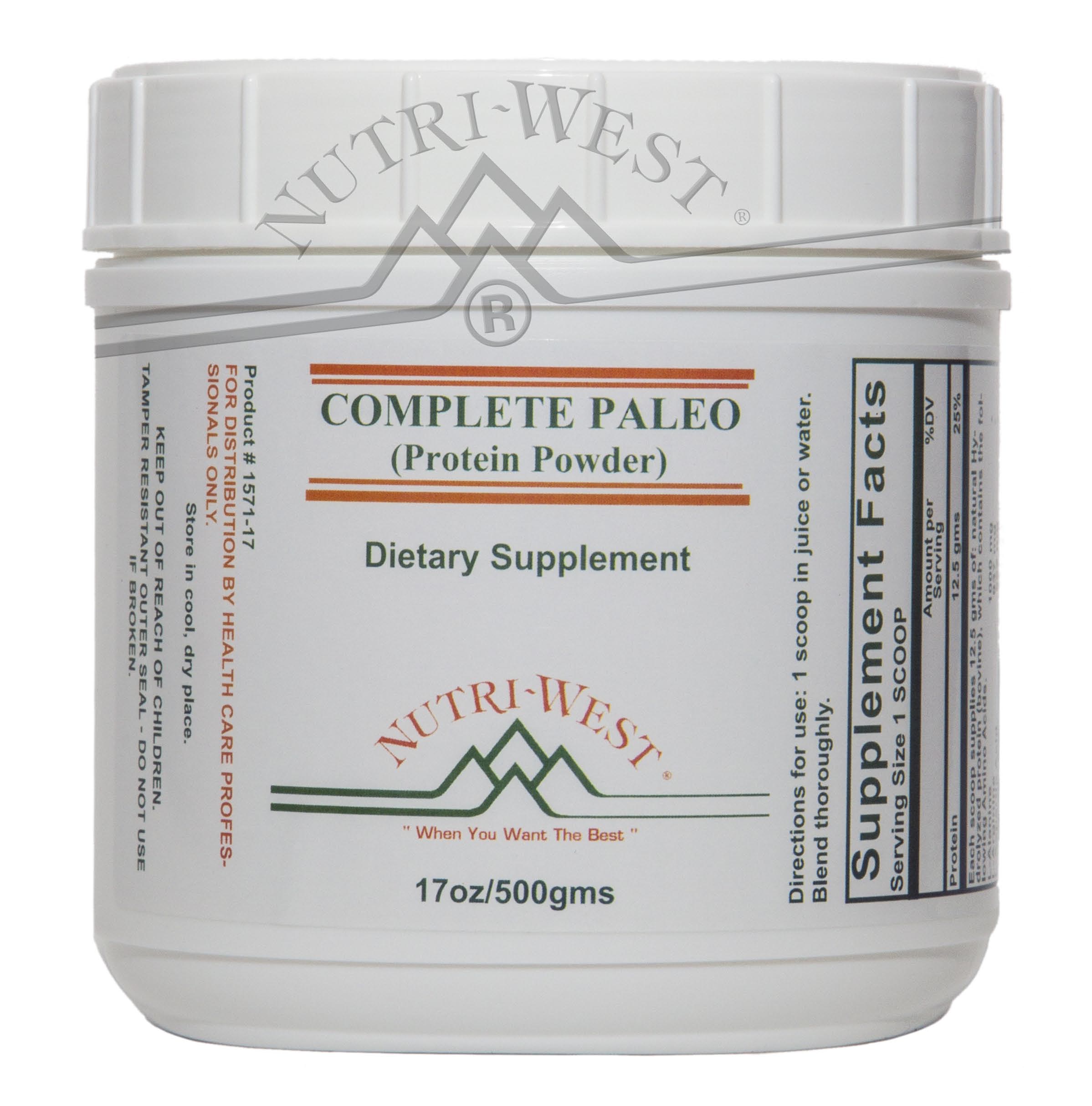In recent years, Send inquiry there has been a growing interest in herbal supplements as complementary or alternative therapies for various health conditions. Herbal supplements, also known as botanicals or phytomedicines, are plant-derived products that are used to improve health and well-being. These supplements have been a part of traditional medicine practices for centuries, and their popularity continues to rise in modern times.
Herbal supplements are available in various forms, including capsules, tinctures, powders, and teas. They are used for a wide range of purposes, such as promoting overall health, boosting immunity, improving digestion, and managing chronic conditions like arthritis and diabetes. While some herbal supplements have demonstrated efficacy in clinical studies, others lack scientific evidence to support their purported benefits.
This article aims to provide an overview of the science behind herbal supplements, focusing on their efficacy and safety. We will discuss the mechanisms of action of herbal supplements, the evidence supporting their use, potential risks and side effects, and recommendations for safe and effective use.
Mechanisms of Action
Herbal supplements contain a variety of bioactive compounds that are responsible for their therapeutic effects. These compounds may act on various targets in the body, including enzymes, receptors, and signaling pathways. For example, curcumin, the active compound in turmeric, has anti-inflammatory and antioxidant properties and is believed to modulate inflammatory pathways in the body.
Some herbal supplements may also interact with conventional medications by affecting drug metabolism enzymes or drug transporters. For instance, St. John's Wort, a popular herbal supplement for depression, can induce the activity of cytochrome P450 enzymes in the liver, leading to faster metabolism of certain medications and reduced efficacy.
The mechanisms of action of herbal supplements are often complex and not fully understood. Research into the bioavailability, pharmacokinetics, and pharmacodynamics of these supplements is ongoing to elucidate their effects on the body at a molecular level.
Efficacy
Clinical studies have investigated the efficacy of numerous herbal supplements for various health conditions. Some herbal supplements have shown promising results in reducing symptoms and improving quality of life. For example, the herb echinacea has been studied for its immune-boosting effects and has been found to reduce the duration and severity of colds and flu.
Ginkgo biloba, a popular herbal supplement for cognitive function, has been shown to improve memory and concentration in individuals with age-related cognitive decline. Similarly, garlic supplements have demonstrated benefits for cardiovascular health by reducing blood pressure and cholesterol levels.
It is important to note that the quality of evidence supporting the efficacy of herbal supplements varies. While some supplements have been extensively studied in clinical trials, others have limited or conflicting evidence to support their use. More research is needed to establish the effectiveness of herbal supplements and to identify the optimal dosages and formulations for specific health conditions.
 Safety
SafetyAlthough herbal supplements are often perceived as natural and safe, they can have potential risks and side effects. The safety of herbal supplements depends on several factors, including the quality of the product, the dosage used, and individual characteristics of the user.
Heavy metal contamination, pesticide residues, and adulteration with pharmaceutical drugs are common quality issues associated with herbal supplements. Regulatory agencies like the US Food and Drug Administration (FDA) have issued warnings about certain herbal supplements that have been found to contain harmful substances or inaccurate labeling.
In addition, some herbal supplements may interact with medications or exacerbate certain health conditions. For example, kava, a herb used for anxiety and insomnia, has been linked to liver toxicity when used in high doses or for prolonged periods. Individuals with liver disease or taking medications that are metabolized by the liver should exercise caution when using kava supplements.
Recommendations
When considering the use of herbal supplements, it is essential to consult with a healthcare provider, especially if you have pre-existing medical conditions or are taking medications. Healthcare professionals can provide guidance on the safety and appropriateness of herbal supplements for your individual needs.
 It is important to choose high-quality herbal supplements from reputable manufacturers that adhere to good manufacturing practices and quality control standards. Look for products that have been independently tested for purity, potency, and safety.
It is important to choose high-quality herbal supplements from reputable manufacturers that adhere to good manufacturing practices and quality control standards. Look for products that have been independently tested for purity, potency, and safety.Start with a low dose of the supplement and monitor your body's response. Keep track of any changes in symptoms or side effects and adjust the dosage accordingly. Remember that herbal supplements are not a substitute for a healthy diet, regular exercise, and medical treatment when necessary.
In conclusion, herbal supplements have the potential to provide health benefits when used appropriately and safely. More research is needed to establish their efficacy and safety for various health conditions. By following evidence-based recommendations and consulting with healthcare professionals, you can make informed decisions about the use of herbal supplements as part of your wellness routine.


